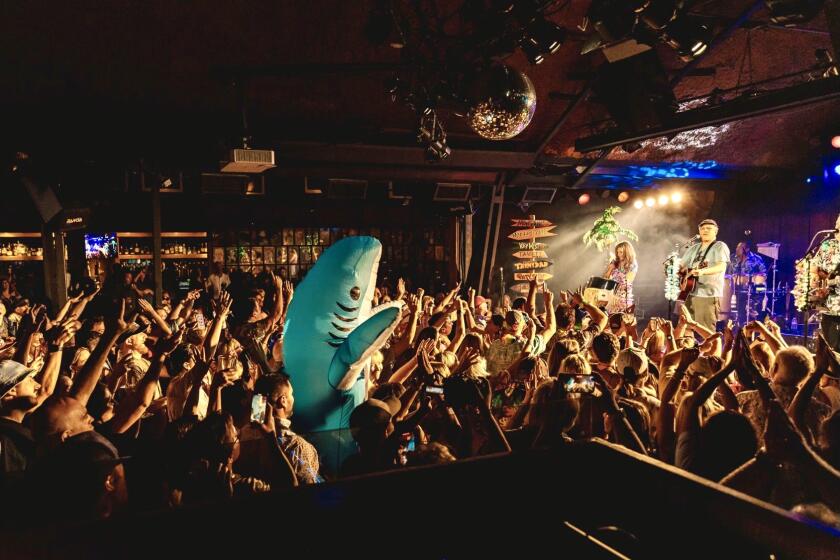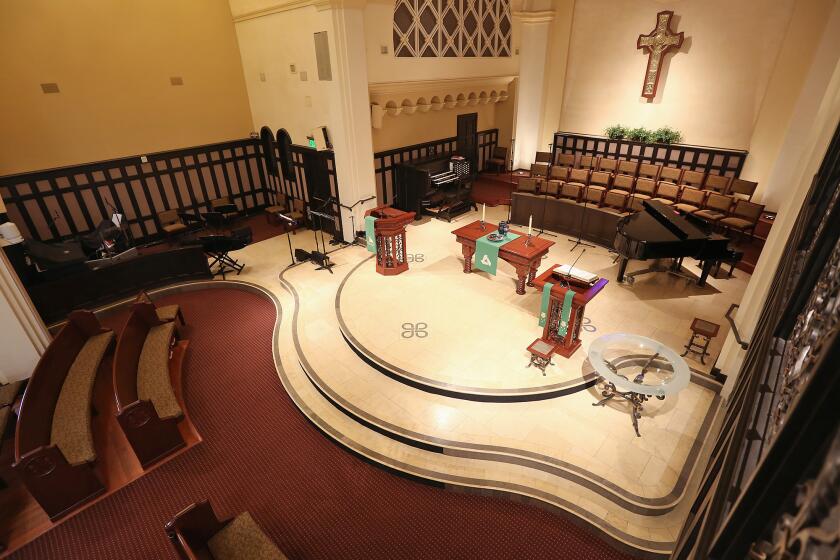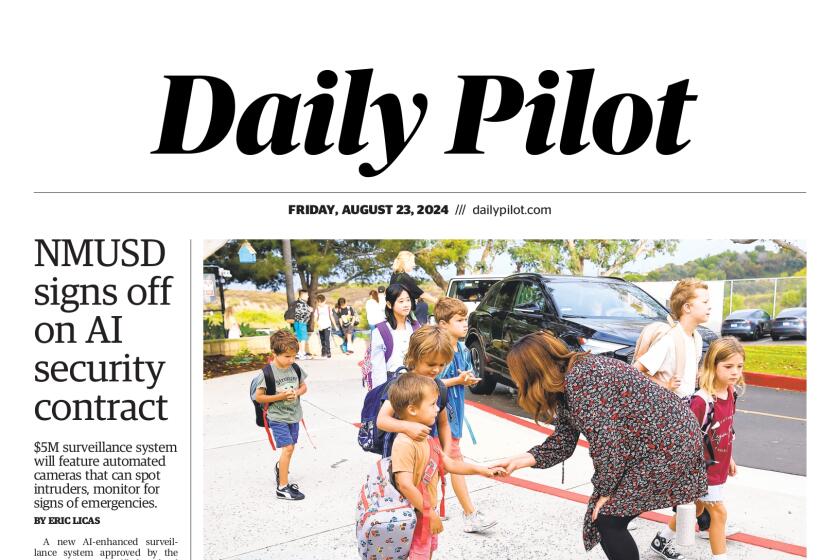Scott Boras
Bryce Alderton
If you looked at a strand of Scott Boras’ DNA under a microscope,
chances are you might see baseballs floating around.
Whether it be talking with Greg Maddux or Barry Bonds until the
wee hours of the morning or helping his son’s All-Star team with its
mental approach to the game, Boras knows the game of baseball and
loves to speak about it.
The 49-year-old Newport Beach resident and sports agent represents
some 70 Major League Baseball players including Alex Rodriguez, whom
Boras negotiated the largest contract in sports history in 2001 at
$252 million for 10 years, Bonds, Maddux and the Los Angeles Dodgers’
Kevin Brown and Darren Dreifort.
But aside from the wheeling and dealing Boras must go through
constantly, he made time this early summer to help coach Manager Bob
Rovzar’s Newport Beach National Little League Majors All-Star team
during its recent District 55 Tournament run to the finals.
Rovzar asked for Boras’ help in assessing players’ talent and help
with the players’ mental attitudes toward the game.
Part of Boras’ job is recognizing talent, which he has seen a lot
of talent from his days of playing in the minor leagues with the
Cardinals and Cubs in the 1970s to now when he has to negotiate
salaries for the best of the best in the baseball world.
One time Bonds approached Boras and asked him why he was in a
hitting slump. Boras told him that he had to get his focus back and
that he wasn’t performing to his optimal level.
Bonds went from 35 home runs to 50 to 73 last season.
In practice Boras said he would hit 75 to 100 ground balls to
infielders and later would tell them to apply a “professional
approach” to the game.
“Baseball is a lesson in emotional control,” Boras said.
Once during this season’s All-Star competition, Boras brought a
hitter aside after he had swung at high pitches and struck out. Boras
quickly took the batter aside and gave him some advice.
“I said, ‘You’re not there to overextend yourself,’” Boras said.
“You have to see the ball and react to it. The next time at bat he
did much better. I take a global approach with Little League with my
playing background out there. I give them the information, but what
they do with it is up to them. You won’ t get a reaction from me.”
The kids responded very well to his teachings, as the 11-inning
Newport win over Lake Forest July 13 can attest.
“That 11-inning game felt like one of my more arduous
negotiations,” Boras said. “(It was) a fun run. It’s really great to
see the kids at that young a level taking it and applying it. They
acted like men and that’s why they won the game.”
Boras lives and breathes baseball. He and Bonds will talk for
three hours on hitting. Occasionally he talks pitching with Maddux
until 1 a.m.
Just one example of Boras’ full schedule occurred almost two weeks
ago when Boras took his youngest son Trent, 10, to the All-Star Game
in Milwaukee July 9.
The next day Boras arrived back in Los Angeles at 2 p.m., then
took a flight to Montreal that landed at 11 p.m. to attend meetings
for the next three days with clients on the Atlanta Braves and
Montreal Expos, who were set to start a four-game set that Thursday.
Boras then got back into Los Angeles at 2 p.m. July 13, four and a
half hours before Newport’s 11-inning win over Lake Forest.
Often Boras will throw batting practice for his son Shane in the
family’s batting cage at their house.
“It’s time to do something physically and spend time together,”
Boras said. “It’s a great experience to be out there with your son.
Since I was a kid I’ve loved the game. Everything I have, I owe to
baseball.”
Boras grew up in Elk Grove, Calif., 40 miles southeast of
Sacramento, where his father operated a dairy farm. Boras was up at 5
a.m. most days milking cows and tending the fields.
He grew up an avid San Francisco Giants fan and attended the
University of the Pacific, where he received his degree in industrial
pharmacy from the McGeorge School of Law.
Becoming a sports agent wasn’t on the docket for Boras, when
players such as Mike Fischlin began asking Boras for contract advice.
As a favor, Boras helped Fischlin sign a six-month deal for $11,400
in 1978, and over the next six years Boras handled a few other small
contracts.
Then in 1984, Boras was working for a Chicago law firm
specializing in medical litigation when Bill Caudill of the Toronto
Blue Jays wanted a former player such as Boras to represent him.
Boras engineered a $7.5-million deal, a high-price at the time and
Boras’ career took off after that.
Now he has a wife, Jeanette, a daughter Natalie, 14, and sons
Shane, 12, and Trent.
Boras doesn’t see the salaries for professional baseball players
as astoundingly high, but as the players getting their value.
“The credo I use is are they fairly placed in the marketplace,”
Boras said. “Players are a major part of the game. The thing with
A-Rod is he’s a great player and there’s no one in the marketplace to
compare him to. I devised the whole contract structure for him. It
was hard though. You have to look at the market placement and fitness
and not at the money. Players are both a product and an employee, a
function of the revenue of the game.”
All the latest on Orange County from Orange County.
Get our free TimesOC newsletter.
You may occasionally receive promotional content from the Daily Pilot.



